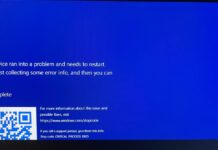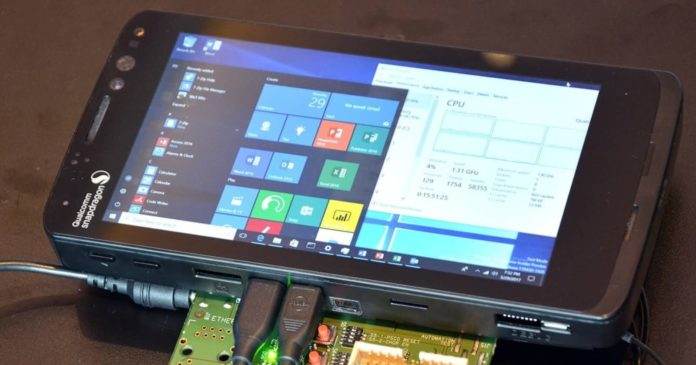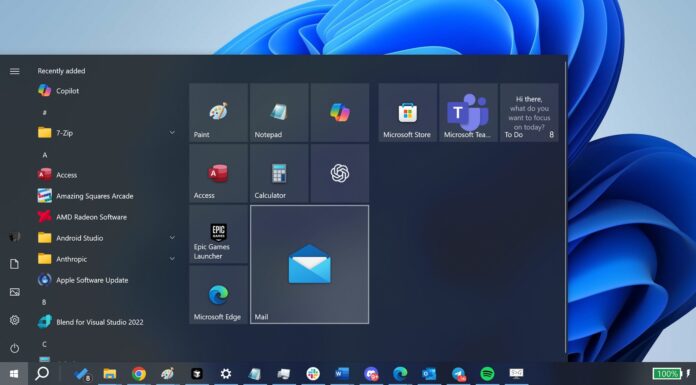Microsoft’s vision for the future of Windows is to design the operating system for all form factors whereby features can be tailored specifically to the device posture the software will be running on.
This project was originally known as Andromeda OS and it was supposed to be focused on mobile devices, such as phones and tablets. The plans changed in 2018 when the idea of a mobile-focused OS with more cross-platform capabilities was shelved by the company, and the decision was made to turn the dual-screen phone into an Android device (Surface Duo).
Some of the work moved to other things and Microsoft started focusing on Windows 10X, which is based on modular Windows Core OS.
We have already seen a video of the near-final build of Windows 10X running on Surface Pro 7. In the latest feat, developers have now successfully ported the operating system to a mobile device – showing how Windows 10X works on a small screen device with a touchscreen.
Developers were able to get Windows 10X up and running on the Lumia 950 XL successfully, thanks to its adaptive user interface.
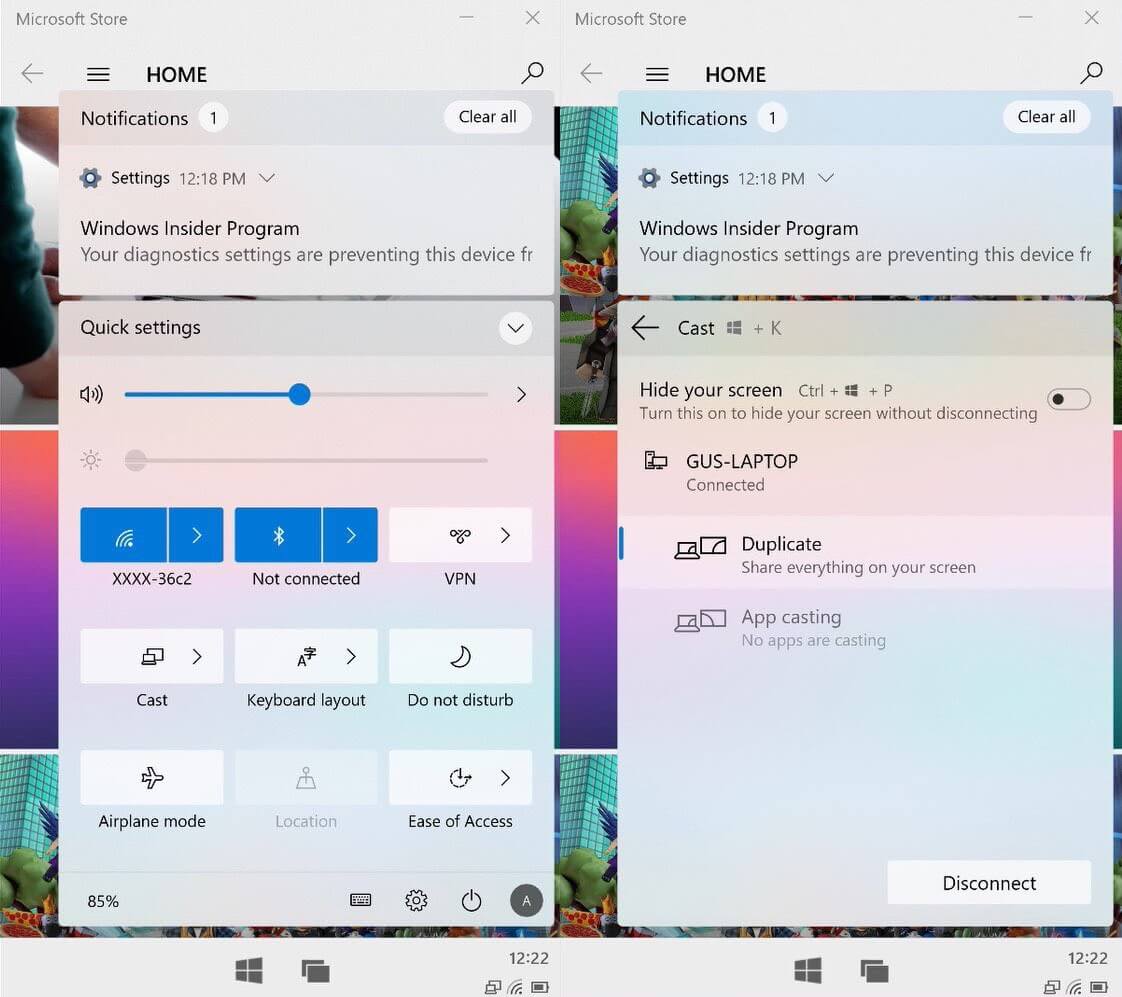
Of course, Windows 10X on mobile still needs a bunch of fixes, but the experiment confirms that Windows Core OS-based software is being able to adapt the user interface depending on the form factor and type of input it is attached to.
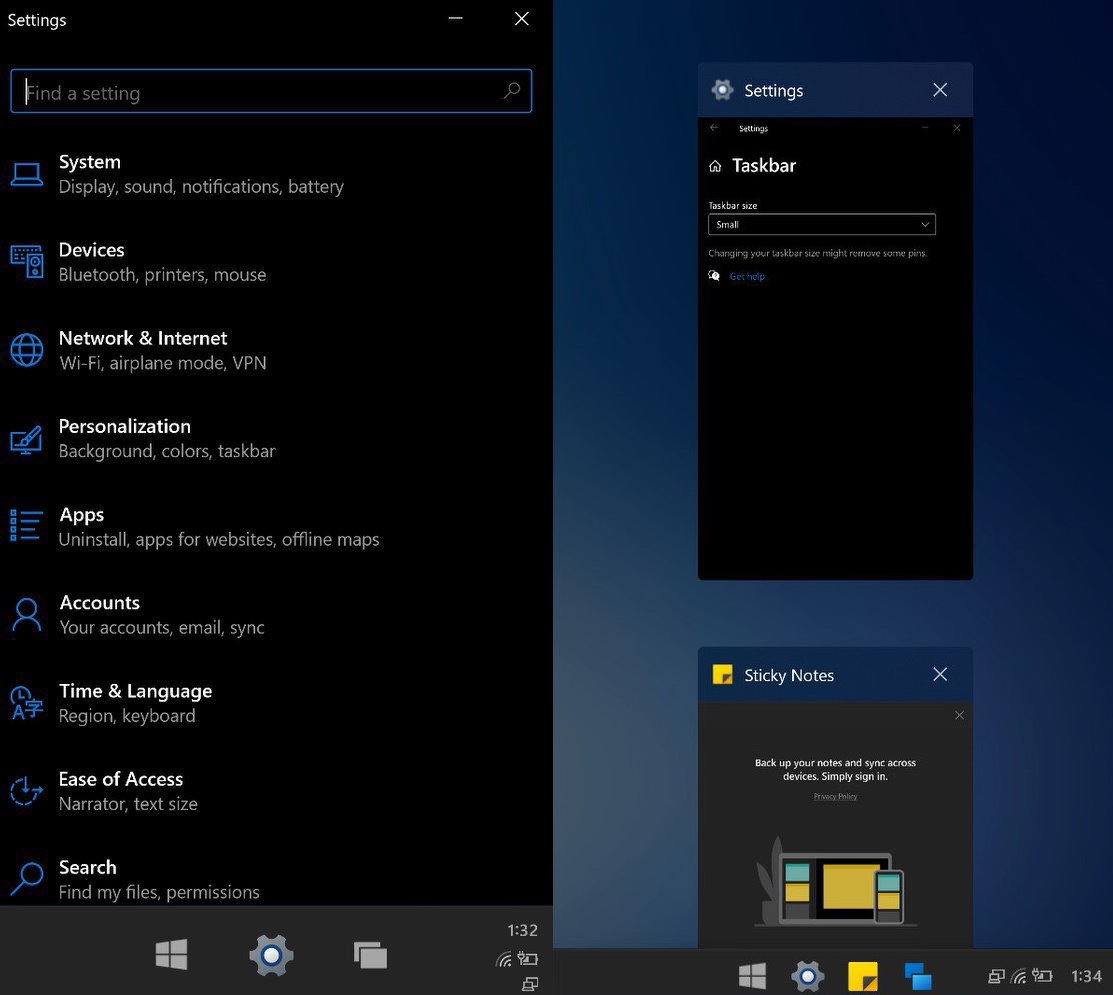
The ultimate idea is just to have one version of the OS with components which are fully adaptive so that it can run on any device with little modifications.
At any rate, Windows Core OS is obviously a sensible direction for Microsoft to be heading in, and it could finally make the operating system modular.
According to reports, the first incarnation of Windows 10X and Windows Core OS is focused on single-screen devices and Microsoft is planning to add dual-screen support next year. Of course, expecting new smartphones running this OS in 2021 would be wildly optimistic.





